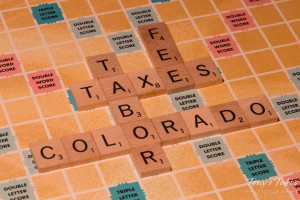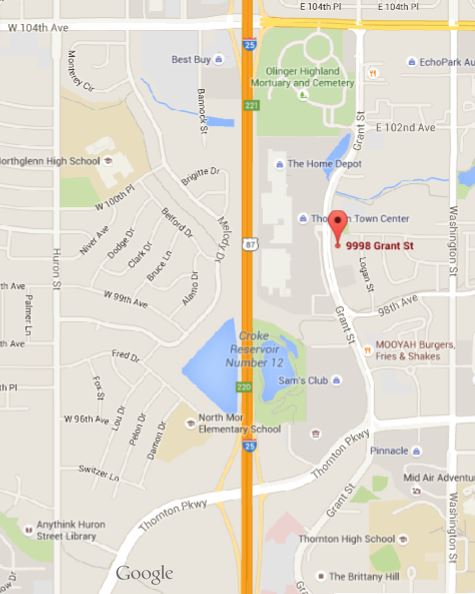Nederland’s bag tax disguised as a ‘fee’ violates TABOR
The town’s board of trustees in May passed an ordinance imposing a 10-cent charge on paper and plastic disposable bags used to carry purchases at point of sale at “any public commercial business engaged in the sale of personal consumer goods, household items, or groceries to customers who use or consume such items.”
![]() Proponents call this bag charge a fee. But with even a little scrutiny, the ordinance is obviously a tax rather than a fee. The difference between the two is hugely significant. Fees can be passed by elected representatives, while under Colorado’s Taxpayer’s Bill of Rights (TABOR), new taxes must be approved by voters through the ballot.
Proponents call this bag charge a fee. But with even a little scrutiny, the ordinance is obviously a tax rather than a fee. The difference between the two is hugely significant. Fees can be passed by elected representatives, while under Colorado’s Taxpayer’s Bill of Rights (TABOR), new taxes must be approved by voters through the ballot.
Here’s what the Clorado Supreme Court had to say about the difference between a fee and a tax in the 2008 case Barber v. Ritter:
If the language discloses that the primary purpose for the charge is to finance a particular service utilized by those who must pay the charge, then the charge is a “fee.” On the other hand, if the language states that a primary purpose for the charge is to raise revenues for general governmental spending, then it is a tax.
The drafters of the ordinance were careful to include that “No disposable bag fees collected in accordance with this chapter shall be used only for general municipal or governmental purposes or spending.”
This apparently is Nederland’s clumsy justification, based on at least one part of the Supreme Court’s definition, that the bag charge isn’t a tax.





Nederland recently became the latest local government to enact a new tax in violation of the Colorado Constitution by disingenuously calling it a fee.